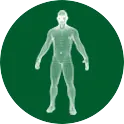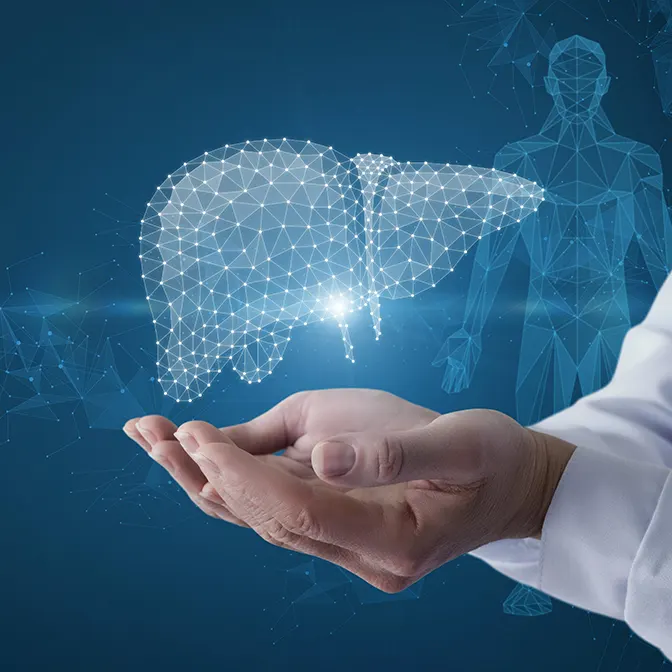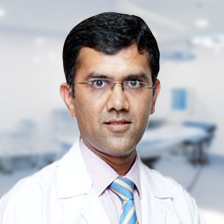

Symptoms
Symptoms of liver disorders can vary depending on the specific condition and the stage of the disease. Some common symptoms of liver disorders include:
- Fatigue and weakness
- Loss of appetite and weight loss
- Nausea and vomiting
- Abdominal pain and swelling
- Yellowing of the skin and eyes (jaundice)
- Dark urine and light-coloured stools
- Bruising easily and bleeding easily
- Itchy skin
- Confusion or changes in mental state
- Spider-like blood vessels on the skin
It’s important to note that many liver disorders have no visible symptoms in the early stages, therefore SRV Hospitals recommends getting regular check-ups and screening. If you are experiencing any of these symptoms, it’s important to see a doctor for proper diagnosis and treatment.









